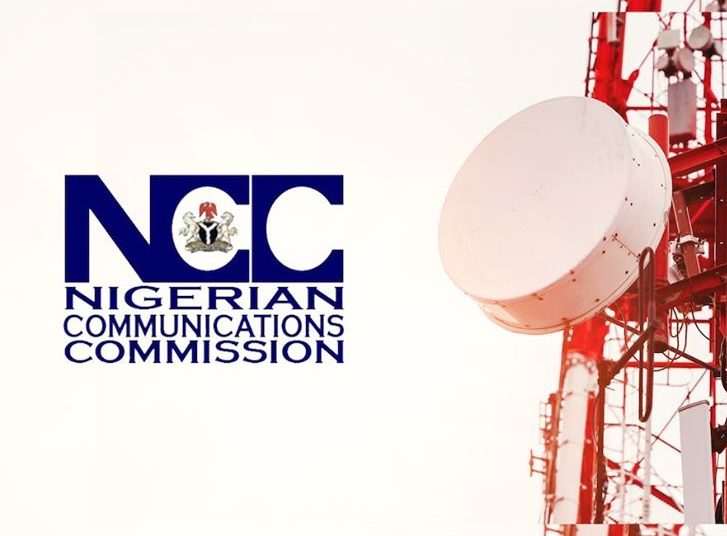The Nigerian Communications Commission’s (NCC) recent enforcement notice on unauthorized use of the 5.4GHz frequency band marks a significant step in maintaining order within the country’s telecommunications space. The 5.4GHz frequency band, which spans 5.430 to 5.725GHz, is a vital resource for broadband services, enabling faster internet speeds and improved connectivity. Ensuring its proper use brings numerous benefits to individuals, businesses, and the economy as a whole.
Here’s an in-depth look at the benefits of regulating this critical spectrum:
Enhanced Network Efficiency
Unlicensed and unauthorized transmissions on the 5.4GHz band can cause harmful interference with licensed operators’ services. By enforcing regulations, the NCC ensures that legitimate users have uninterrupted access to this frequency band, enabling them to provide reliable and high-quality broadband services. This boosts overall network performance and customer satisfaction.
Improved Quality of Service
With stricter control, licensed operators can deploy advanced broadband services without interference. This leads to better internet speeds, reduced latency, and improved reliability for end users. Such enhancements are crucial for supporting modern digital activities, such as video streaming, online gaming, and remote work, which require high-speed and stable internet connections.
Encouragement of Innovation and Investment
A well-regulated spectrum fosters a conducive environment for investment. Telecommunications companies are more likely to invest in infrastructure and innovative technologies when they are assured of interference-free access to frequency bands. This opens doors for the deployment of next-generation technologies, such as 5G, which relies on seamless frequency usage.
Strengthened Economic Growth
The telecommunications sector is a key driver of economic growth. By regulating spectrum use, the NCC enables operators to expand their networks, particularly in underserved and rural areas. Improved connectivity supports local businesses, enhances productivity, and creates new opportunities for e-commerce, education, and healthcare. This contributes to national economic development.
Protection of Public Safety Communications
Certain frequency bands, including parts of the 5GHz range, may also be used for critical public safety and emergency services. Unauthorized use can disrupt these essential communications, posing risks during emergencies. Regulation ensures that such frequencies remain available for lifesaving operations.
Promotion of Fair Competition
Unauthorized operators often undercut licensed providers by avoiding regulatory costs, leading to unfair competition. Enforcing compliance levels the playing field, allowing legitimate operators to compete based on service quality and innovation rather than cost-cutting measures.
Encouragement of Compliance with Global Standards
The 5GHz frequency band is widely used globally for broadband and wireless services. By aligning with international standards and enforcing regulations, Nigeria positions itself as a key player in the global telecommunications industry. This fosters international partnerships and encourages knowledge transfer, further advancing the nation’s digital transformation agenda.
Revenue Generation for the Government
Licensing and regulation of frequency bands contribute to government revenue through licensing fees and fines for non-compliance. This revenue can be reinvested into the telecommunications sector to support infrastructure development, digital literacy programs, and other initiatives aimed at bridging the digital divide.
Bridging the Digital Divide
Proper regulation ensures that the spectrum is used efficiently to expand broadband coverage to underserved and remote areas. This helps bridge the digital divide, providing equal opportunities for education, employment, and access to information regardless of geographic location.
Prevention of Harmful Interference
Unauthorized transmissions on the 5.4GHz band can create interference that disrupts services for legitimate users. Such interference not only affects service providers but also inconveniences end users. By eliminating unlicensed use, the NCC ensures seamless operations for all stakeholders.
Conclusion
The NCC’s enforcement of the 5.4GHz frequency band regulations is more than just a legal requirement—it is a strategic move to strengthen Nigeria’s digital ecosystem. Ensuring proper use of this spectrum enhances connectivity, supports economic growth, fosters innovation, and bridges the digital divide.
As the NCC takes steps to address unauthorized usage, stakeholders, including service providers and the general public, are encouraged to familiarize themselves with the guidelines for broadband deployment. By doing so, Nigeria can continue to advance its digital transformation agenda and unlock the full potential of its telecommunications sector.




